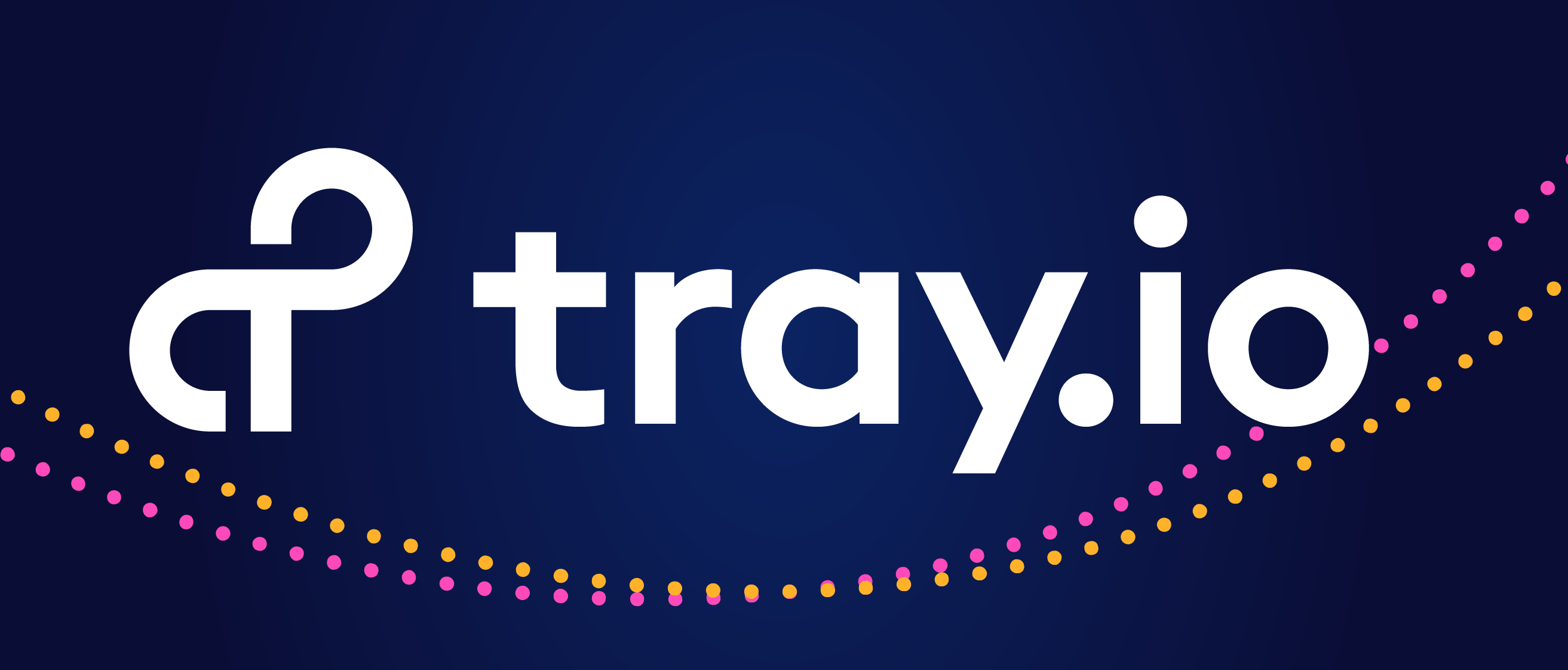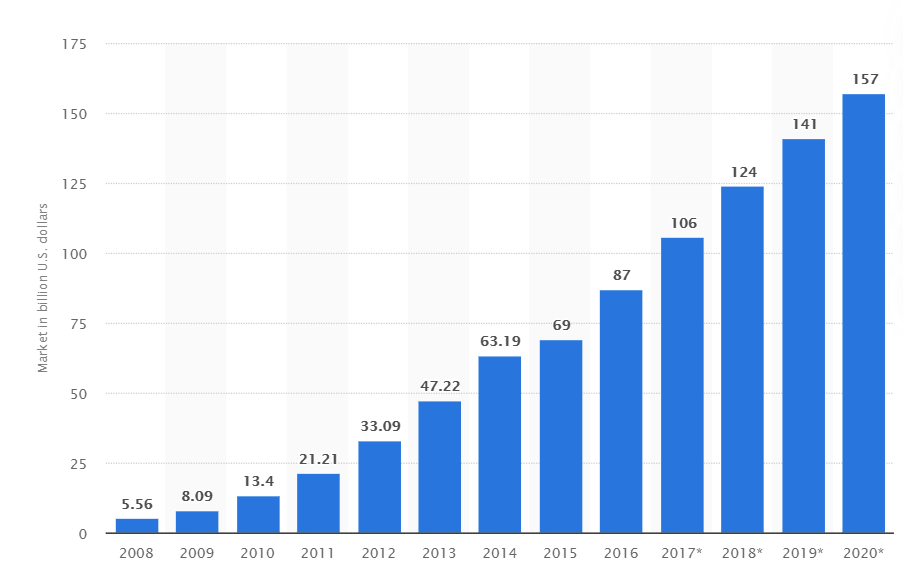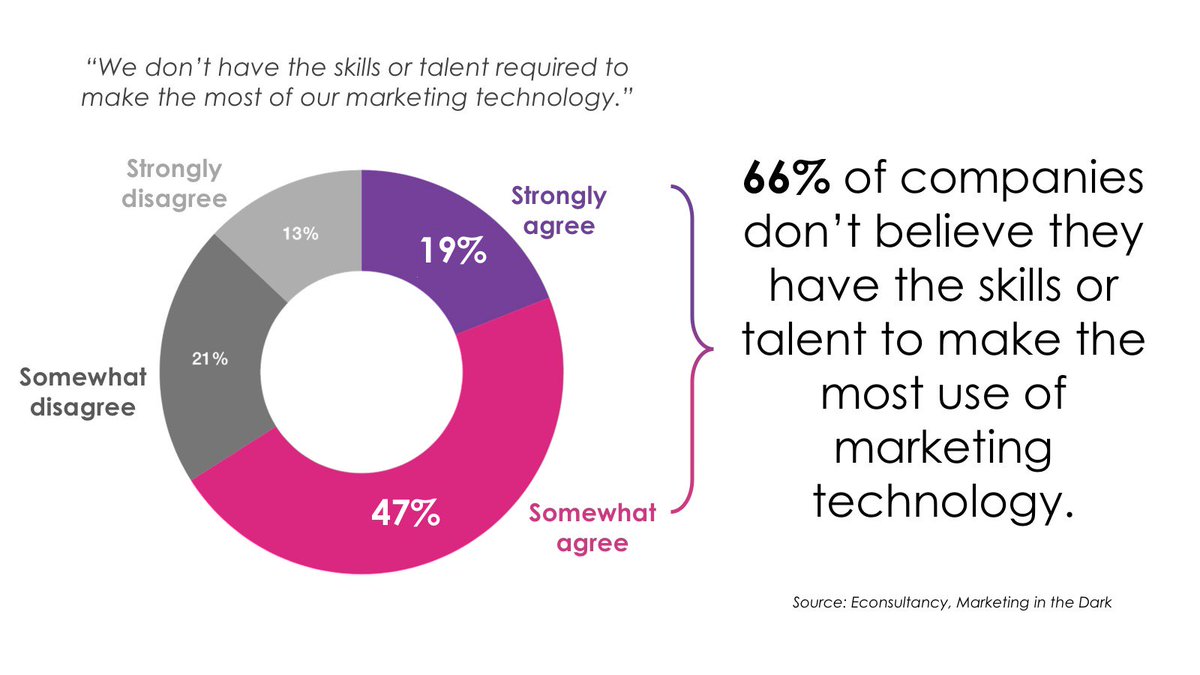Why we’re investing $50M in the future of work


Rich Waldron
CEO
"We are proud of our progress so far, but more importantly this further financing will enable great strides in our vision to build the automation platform for work."
Today, we’re thrilled to announce our $50M Series C fundraise, led by Meritech Capital with participation from Spark Capital, GGV Capital, and True Ventures (just a few short months after our Series B fundraise). We are proud of our progress so far, but more importantly this further financing will enable great strides in our vision to build the automation platform for work.
The future of work
As Microsoft CEO Satya Nadella famously said, “every business will be a software business.” Tray.io is a software business. Domino’s Pizza is a software business. In fact, business software, as a business, is booming. This market is expected to grow to more than $150B+ in size by 2020.
 Business software is expected to grow to a $157B business by 2020. Image courtesy Statista
Business software is expected to grow to a $157B business by 2020. Image courtesy Statista
What does the explosive growth of software mean for you? It means that companies around the world, including yours, are already using software. It also means your company is likely in the process of acquiring even more software. So it’s more important than ever for intelligent, motivated, and talented teams like yours to become software virtuosos.
Here’s the challenge: With so much software from so many different publishers, companies are observing many significant gaps. For example, 66% of companies report experiencing a skills gap for software in the field of marketing technology. In other words, even though companies are rapidly acquiring more and more software, their teams are struggling with the learning curve.
 66% of companies report a skills gap with their marketing technology. Image courtesy eConsultancy
66% of companies report a skills gap with their marketing technology. Image courtesy eConsultancy
Companies are also experiencing increasingly painful gaps regarding integrations - the software-level connections that different applications need to “talk to” each other and pass data to and fro. As a result, teams across the organization see software and process breakdowns as they struggle to get their marketing data from their marketing stack to sales, and their sales data from their sales stack to finance, and so on. It’s no wonder that 65% of business software buyers now start their buying process by looking at the fine print around integrations.
 65% of business software buyers put integrations at the top of their list. Image courtesy DemandGenReport
65% of business software buyers put integrations at the top of their list. Image courtesy DemandGenReport
How companies are closing the gap: Automation
The explosion of business software is creating pain, but it’s also creating new opportunities. Savvy companies understand that they have to juggle mission-critical data across increasingly complicated tech stacks to deliver a customer experience that’s more responsive and more personalized than ever before.
That’s why these companies are using automation. Automation is the secret weapon that lets companies painlessly stitch together any software applications. Automation also empowers companies to orchestrate sophisticated processes with easy-to-use, low-code tools that anyone - including business users from marketing, sales, support, finance, HR, and operations, can use. Without having to struggle with integrations. And without having to rely on IT resources.
Companies like Outreach, New Relic, and FICO are using automation to do more, faster. They’re using automation to solve the modern challenges of managing vast amounts of data and increasingly complicated software stacks and driving massive growth across their entire organizations. So that's it, then. The secret's out: Automation is the future of work. It has meant incredible gains in revenue, productivity, and efficiency for our customers, and a powerful new skill for business users. What will it mean for you?
To learn more, please explore these resources:
The Beginner’s Guide to General Automation Platforms
Learn how anyone in any business role (not just developers) can become a Citizen Automator.
Use cases for marketing, sales, customer success, operations, finance
Learn how Citizen Automators at enterprises and rapidly-growing companies use automation to deliver more value every day: